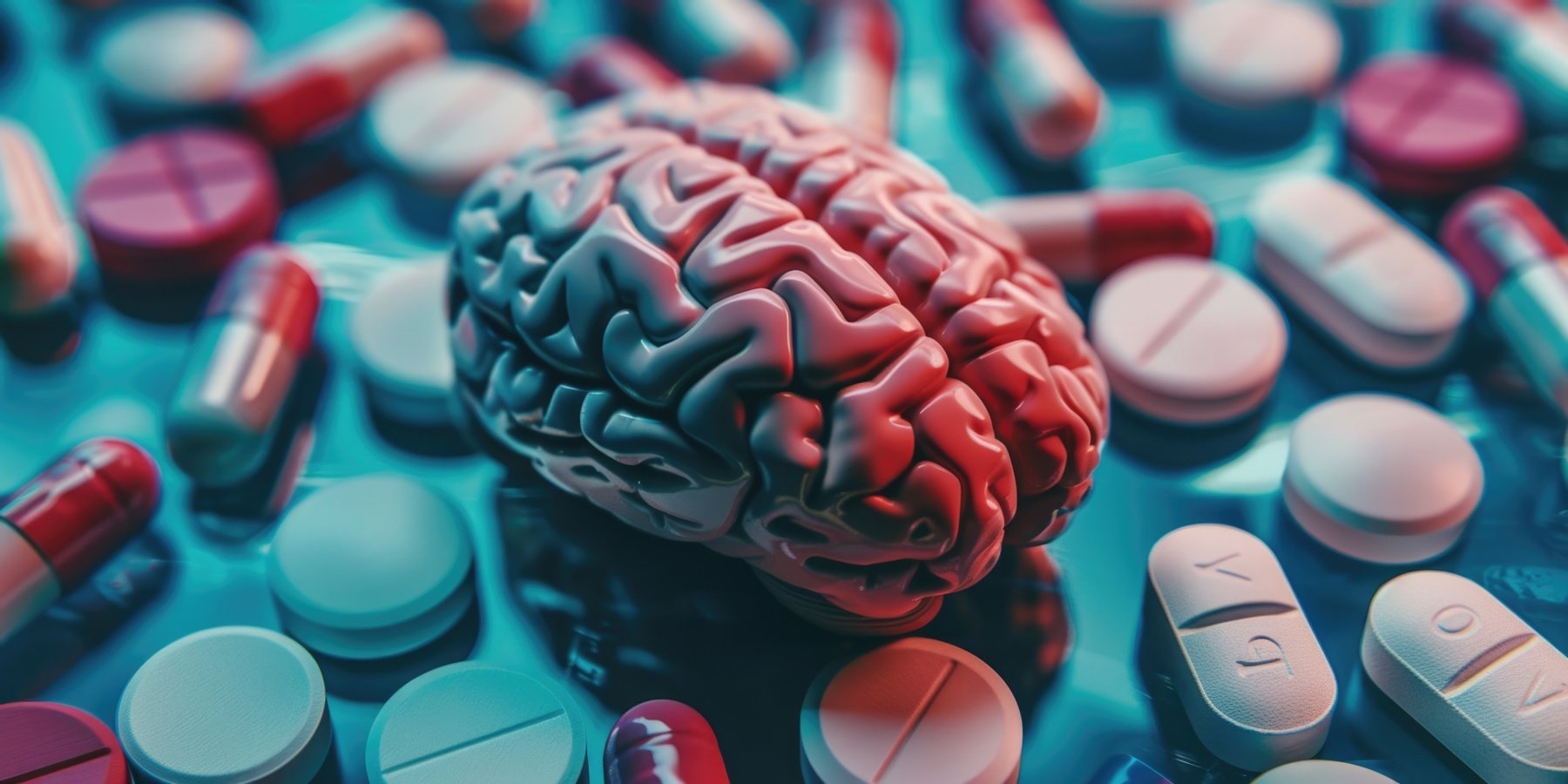How Does Intermittent Fasting Affect Our Hormones?
Pros and Cons of Intermittent Fasting for Hormone Balancing Hormones
When your patient asks about using weight loss to balance their hormones, the topic of intermittent fasting may come up. But, what is it exactly? Does intermittent fasting affect weight-regulating hormones? And what are the pros and cons of trying intermittent fasting? Here’s how you can educate and guide men and women through these questions.
What is Intermittent Fasting?
How and when we eat affects the body just as much as what we eat. Intermittent fasting is the process of alternating periods of consuming food and abstaining from food — most people who fast drink water throughout the entire cycle.
So, why do people fast? Intermountain Healthcare (formerly SCL Health) explains that during periods of fasting, the body’s insulin levels decrease, which triggers fat burning in the body. This reaction is known as being in a state of ketosis. At a high level, intermittent fasting helps optimize metabolism, balance hormones, reduce overeating, decrease fat storage in the body, reduce weight gain and improve overall health. Some patients will pair intermittent fasting with a ketogenic diet to expedite their results.
Two of the more popular fasting protocols are 8:16 and 10:14. The first number indicates the period in hours each day a person may consume food. The second number represents the fasting window. For example, someone following an 8:16 eating window may structure their day by drinking water (or any low-caloric beverage, such as unsweetened herbal tea) and then having their first meal at noon. As such, noon is when the eight-hour window would start. Their final meal of the day would need to finish by 8:00 p.m., and no late evening snacking. They would then fast for 16 hours, until noon again the next day, and repeat the cycle.
While practicing calorie restriction, most participants focus on improving their nutrition, according to Julia Zumpano, RD, in a podcast interview with the Cleveland Clinic. A focus on whole foods, including fresh fruits, vegetables, grains, lean proteins, and plant-based fats, is recommended. Avoiding highly processed foods like crackers, chips and candy is also advised to get the greatest health benefits from fasting.
With any dietary shift, there are pros and cons. Let’s look at how intermittent fasting affects hormone production and hormone balance.
How Fasting Affects Our Hormones
Fasting affects the hormone secretion amounts and timing in the body. Depending on the patient’s current medical condition and concerns, this could be a benefit or a detriment.
Dr. Jolene Brighten is a Functional Medicine Naturopathic Physician and the founder and CEO of Rubus Health, a women’s clinic specializing in treating hormone disorders. She explains the short-term positive stress that fasting has on the body affects pituitary gland functioning and, ultimately, hormone balance. Let’s look closer at a few hormones.
Cortisol: Immediately after fasting, this stress hormone can spike both levels and frequency.
Estrogen: If a patient is experiencing estrogen dominance, fasting may help these hormone levels dip. For those with normal-range estrogen tests, fasting may cause estrogen levels to drop to unhealthy levels. Estrogen affects not only sexual health but also the brain and heart. Estrogen production also plays a role in sleeping, using body fat, regulating insulin, and managing moods.
Follicular stimulating hormone (FSH): This hormone is a key player in a woman’s ovulation and menstrual cycles. Fasting may trigger a decrease in this hormone’s production, leading to issues with fertility, menopause, and period quality.
Kisspeptin: While fasting, this hormone level decreases. This reduces the production of the reproductive hormones estrogen and progesterone.
Insulin: For those managing polycystic ovary syndrome (PCOS) and irregular menstrual cycles, a fasting diet may trigger a welcome reduction in insulin resistance and inflammation. The journal Endocrinology and Metabolism also finds that fasting helps restrict glucose production in the liver, which leads to better blood sugar balancing.
Luteinizing hormone (LH): This hormone is also a cornerstone in a woman’s ovulation and menstrual cycles. If a patient is severely depriving themselves of food and experiencing undernutrition, they risk hypothalamic-pituitary-ovarian (HPO) axis dysfunction and a drop in LH. One side effect is amenorrhea.
Progesterone: Fasting can cause this hormone to decrease.
Thyroid hormones: These regulate metabolism and our energy levels. When fasting, thyroid hormones tend to decrease in production. This may be good news for those managing an overactive hyperthyroid but dangerous to those with a sluggish hypothyroid.
The Cleveland Clinic emphasizes that anyone under age 18, pregnant or breastfeeding women, people with a history of eating disorders, and those with blood sugar-related illnesses, such as diabetes and hypoglycemia, should avoid intermittent fasting.
Pros and Cons of Intermittent Fasting
The internal ecosystem of each patient is unique. What benefits some maybe a detriment to others based on their current health condition.
When promoting the benefits of intermittent fasting, keep these lists of pros and cons top of mind concerning specific health goals and challenges your patient faces.
Pros:
- Blood pressure lowers
- Boost in hormones that combat depression
- Cell repair and restoration (autophagy)
- Cognitive functioning improvement
- Energy boost
- Enhance sleep
- Heart health improvement
- Inflammation reduction
- Insulin levels decrease
- Physical endurance improvement
- Reduce symptoms of metabolic syndrome
- Slow the aging process
- Tissue health/longevity boost
- Weight control/fat burning ignited
- Stimulates the Sirtuin Genes, resulting in increased life span
Cons:
- Constipation
- Cravings for specific foods
- Headaches
- Hypothalamic-pituitary-adrenal axis (HPA-axis) dysregulation
- Hunger
- Irritability
- Lightheadedness
- Low energy
- Menstrual cycle shifts
- Mood swings
- Nausea
- Poor work performance
- Risk of disordered eating
- Sleep disorders
- Temperature sensitivity
For many patients, the cons are temporary and will ease as intermittent fasting becomes part of their routine.
Metabolic Testing Options for Fasting Patients
If you and your patient decide that intermittent fasting could complement their current treatment plan, and provide health benefits, consider the following testing to monitor metabolic progress and the effects of intermittent fasting.
At Access Medical Labs, we offer results within 24 hours, so you can quickly get a baseline on file, review the data and give your patient the green light to get started with intermittent fasting. Then, set up regular check-ins and follow-up testing to chart hormonal imbalances and fluctuations.
Learn more about our precision testing solutions for physicians here. Spend less time on labs and more time with your patients. Register today for efficient and convenient diagnostic services.
You May Also Like
These Related Blog Posts

Intermittent Fasting and Infertility

Testing the Ketogenic Diets' Affect on Hormones


